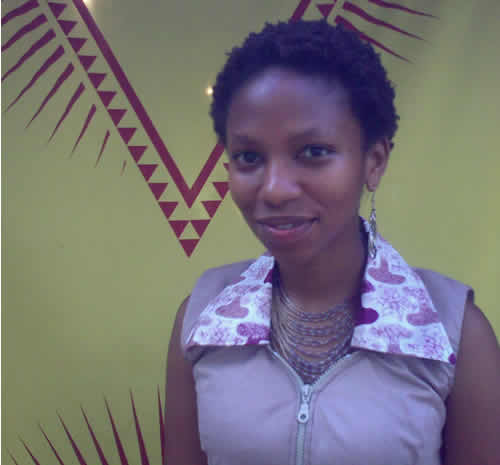Stop injustice, accept our differences
Monday, May 16th, 2011 by Thandi MpofuWhy would one assume that others are gossiping about him/her just because they happen to be speaking amongst themselves in a language he/she doesn’t understand? I often get that when a group of us are speaking SiNdebele around non-speakers. Forget that we simply derive pleasure from conversing in our own tongue. The reason SiNdebele is spoken is to gossip about other people because we really have nothing better to talk about. It’s very irritating!
I suppose there is something in all of us that makes us regard with suspicion people who are different from ourselves. And the differentiator needn’t be on major grounds, like being of another tribe, race or religion. These days even a girl who doesn’t wear weaves in her hair is an oddity to be questioned, “What is wrong with her?”
The problem is when one isn’t open to accepting people’s differences distrust often results. We then keep away from the object of suspicion and unwittingly become fertile ground for perpetuating prejudices. So because I have limited interaction with Ndebeles, albinos and women with cropped hair, I then see these groups as being violent, practising witch craft and being lesbian. Sadly, no matter how far-fetched or ridiculous the notion, lack of knowledge makes it all true.
It gets worse. Stereotyping leads to intolerance which in turn breeds fear and hate. And we wonder why society is plagued by discrimination, oppression and hate-crimes. Most people feel insulted and angered when they are exposed to politicians attempts to manipulate them. “What do they take us for?!” we hiss at rhetoric and blatant falsifications of the truth.
Well, let it be known that given the right circumstances – our own existing ignorance and suspicion of anyone different – politicians can and do successfully get the populace to think and act exactly how they want. All it takes is for us to have the right conditions within ourselves; distrust, fear, hatred and prejudice. For as long as we are unwilling to embrace peoples’ differences then the history of mankind will continue to be coloured red with genocides because we cannot accept that people look, dress, talk, worship and live differently.
In our fertile soils, each one of us can passively stand by or actively participate in forced evictions, Xenophobic attacks, ethnic cleansing, world wars etc, etc … the possibilities are endless.










